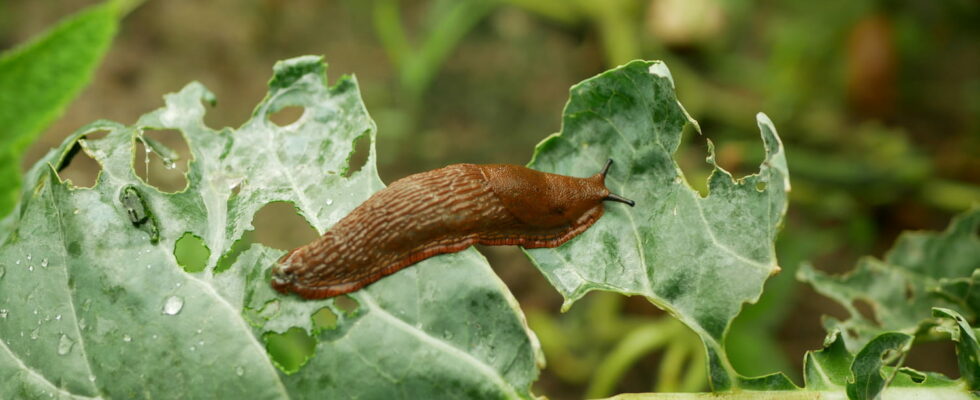Keeping slugs and snails away from your plants does not necessarily require complex or expensive solutions. With a few pieces of this fruit, you can easily limit the impact of these pests in your garden.
Slugs and snails, although inconspicuous, can quickly become nuisances to gardeners, destroying vegetables, foliage, flowers, and delicate plants. These small gastropods love humidity and feed mainly at night, leaving slime trails and nibbled leaves.
If you want to take care of your plants and enjoy a rich harvest, grapefruit could well be your unexpected ally to keep these pests away! Grapefruit, in addition to being a fruit rich in vitamin C and appreciated for its slightly bitter taste, has a little-known property: it attracts slugs and snails. Rather than using chemicals that are potentially harmful to the environment, why not use this ecological tip?
Simply cut grapefruit halves or quarters and place them directly in your garden, where pests are most active. Although this technique may seem simple, it is based on an effective natural mechanism: attracting pests to better capture them.
Grapefruit is particularly appreciated by slugs and snails for several reasons. Its pulp and juice are rich in water, which attracts these moisture-seeking creatures. In addition, the cup-shaped shape of the skin offers them shelter to take refuge, feed and protect themselves.
How to implement this technique? Choose a ripe grapefruit, as its scent will be more pronounced. Cut it in half or several pieces. Remove some pulp, if necessary, to amplify the concentration of juice inside, thus attracting gastropods more effectively. Place the pieces face down on the ground, not too far from infested areas. By the next morning, you will likely find several slugs and snails hiding under the shell of the fruit. All you have to do is collect them and move them away from your garden or dispose of them according to your preferences.
Unlike chemical pesticides, this natural method poses no risk to the biodiversity of your garden. Grapefruit is completely biodegradable and has no impact on animal or plant health. In addition, it is a way to reuse the remains of a fruit that you have consumed, thus limiting food waste.
